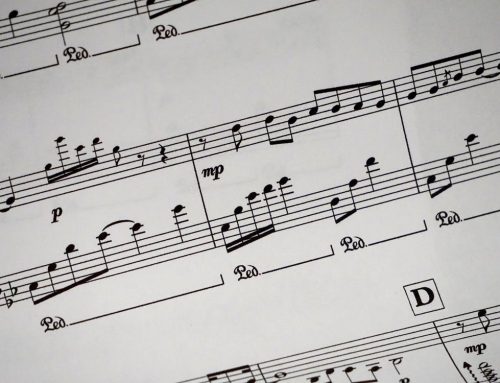Would you say that singers and musicians are naturally gifted individuals or do you think they have to work super hard to hone their skill? This debate may remain unsettled until the end of time, but who can argue against the grit, intellect and perseverance of music composers?
If you’re trying to break into the music industry you probably already know that the nature of music composition is vastly different from its production and performance. The art of composition in the 21st century has evolved and it’s more competitive than ever to make a name in this business. But don’t let that pressure get to you. We’re here to inspire your creativity.
Let’s get down to some well-thought out advice for aspiring composers in the entertainment business today.
Study the subject
If you’re still in school or are figuring out your career path, it’s best if you study composition with professionals. Getting a degree in music composition will significantly sharpen your aural skills and help you navigate various other forms of writing. However, if being a full time music student is not on the cards for you; maybe study part time or take online classes at your own pace. Knowing your field and the contributions of individuals who influenced it will help you understand its modern forms.
Take baby steps
Who doesn’t dream about breaking world records, selling out stadiums and winning awards? Sure, it’s tempting to want to challenge Mozart and Beethoven but you won’t get far unless you have mastered the basics. Work on a versatile set of notes to build unique chords and keep building from there.
Practice makes perfect
You’ll have to be consistent in producing your music sheets. In addition to remembering the fundamentals of notation, you will have to get creative and that can only come from experimentation. The good thing is you no longer have to churn out piles of sheets featuring heavy calligraphy notation. You can do all your work on music notation software and save it on multiple platforms.
Gain some production experience
Contemporary music composers are increasingly expected to liaison with mixers and production teams. What’s more is that you will less than likely be asked to showcase your work in its hard notation form. Any potential collaborator will want to hear a demo and if you’ve got some production skills in the bag, you’re already a winner. Of course, you’re not expected to be a pro at mixing but knowing what you want from the end result will prevent third parties from overriding your creative ideas.
Get active on social media
Social media is one crucial advantage modern composers have today. Use it to your benefit. Showcase your work on Facebook, Twitter, Instagram and YouTube. The more platforms you use, the better. Many artists were first scouted through social media and if your work is frequently published online then you have a better shot at making it big.
Try your hand at writing, editing and producing music on your own. Become a triple threat and work your way to the top. Music Jotter has everything you need to put out a stellar piece of art. Download a free demo now!






